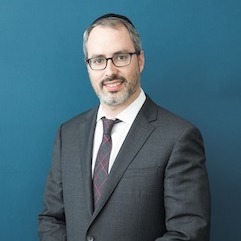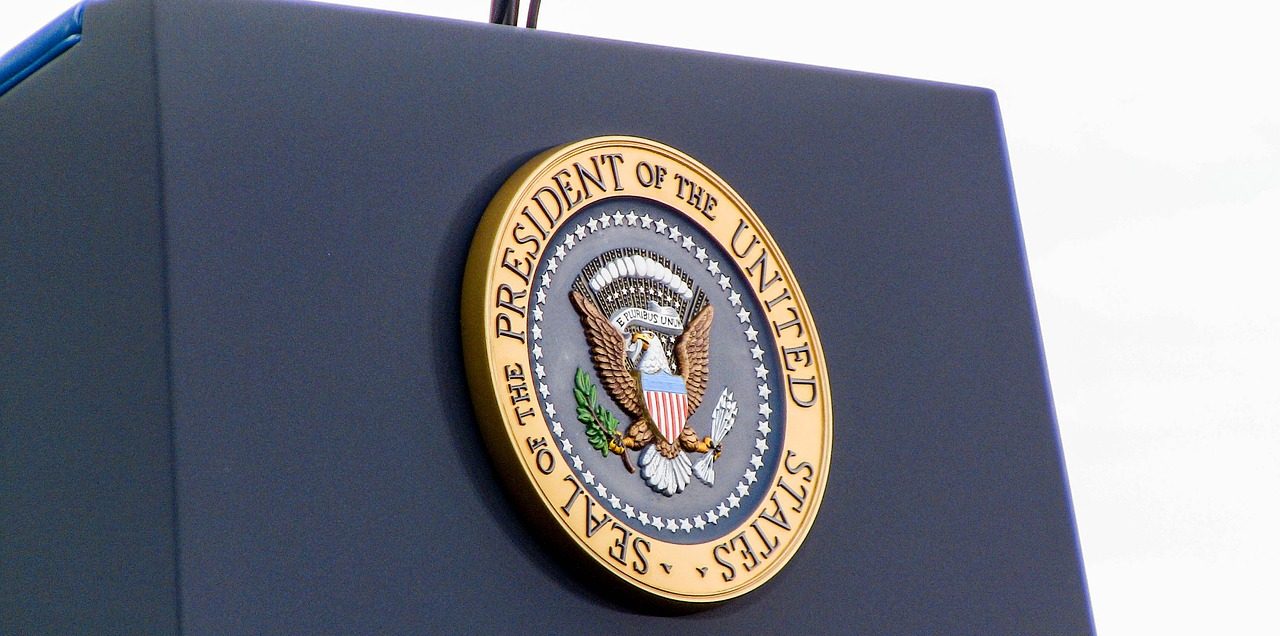While watching parts of the Inauguration last week, I was struck by the pomp and ceremony that accompanied the swearing in of a President. The bands, the 21 gun salute, and the various presentations that preceded the ceremony, the vast multitudes of people who stood in the bitter cold for hours on end just to catch a glimpse of the new President of the United States.
This gave me a new appreciation for the dictum of our Sages to recite a special blessing upon seeing a king.
Chazal tell us that we should make a special beracha upon seeing a non Jewish king: “Blessed are You… who gave of his honor to flesh and blood.” In fact, the Gemara tells us that it is a mitzvah to go see a king, even an evil king. The reason given is that then if one merits seeing Moshiach he will appreciate how much greater the respect shown to Moshiach is in comparison.
One can even stop studying Torah in order to see the king if he has never seen the procession before.
I would like to discuss whether this applies to the President, or any other world leaders today.
When Shmuel Agnon received the Nobel Prize in Literature in 1966, he recited the blessing upon seeing King Gustav VI Adolf of Sweden.
When Dr. Aumann received the Nobel Prize in Economics in 2006 Rav Aaron Lichtenstien told him not to recite a blessing upon seeing King Carl XVI Gustaf (Gustav VI’s successor).
What changed? Let’s take a closer look.
Authority
The Sefer HaEshkol writes that anyone who has the authority of a king, and has the ability to sentence people to death unchallenged is considered a king as so far as making a blessing upon seeing him. (All this applies equally to queens but for the sake of clarity I am sticking to the male version).
The Radvaz discusses whether the Egyptian Pasha meets the above criteria. The Pasha was an appointee of the Turkish Sultan, he however did have broad reaching powers. He concludes one should say the blessing but omit Hashem’s name when saying it, because the Pasha was often overruled by Royal Edict of the Sultan.
So it would seem the king has to be a real monarch with far reaching powers.
However, Rav Ovadya Yosef and many others write that even an elected official, whose term expires and he answers to the people, would still be eligible for the blessing as long as he has the ability to pardon or refuse to pardon someone on death row. So it would seem that a President would qualify.
The Shevet HaLevi writes that as long as he is the highest ranking authority, it doesn’t really matter what powers he has. According to him we wouldn’t even need the ability to pardon.
There are however two other conditions.
Entourage
The king has to be traveling with his whole entourage. Indeed, the law is that one doesn’t have to actually sight the king, as long as they see his motorcade and his car (or chariot or boat) they can make the beracha. Presidential Inaugurations definitely qualify here too.
Dress Code
Here’s where we may run into trouble. The king has to be dressed like a king, not like one of the common folk. President Obama was wearing a dark suit, black topcoat and red tie at the inauguration. He would’ve been incognito in any law firm in the United States.
When President Nixon visited Israel, Rav Ovadya Yosef instructed people to make the blessing without Hashem’s name because he wasn’t wearing royal clothing.
So to get back to our Nobel Prize Laureates, What changed?
‘Raffy’ on Avodah explains that
“In 1974, after Agnon was there but before Aumann, the Swedish Parliament passed a new constitution, removing ALL power from the Swedish Monarch, EVEN in theory. All powers that were formerly the King’s to exercise, even in theory, were given to either the Speaker of the Parliament or the Government.”
So the King lost his Authority, and Dr. Aumann his beracha.
Indeed ‘Raffy’ goes on to say that the Queen of England perhaps is different because she:
“still has all the power an English Monarch had in the days of Henry VIII. No laws have taken those powers away.It is only in practice that British Monarchs have decided to exercise these formidable powers only with the advice of the Ministers who have the support of the elected House of Commons”
This is indeed shockingly true.
As an aside, if the monarch in question has any religious insignia on their clothing or vehicle then you may not be able to make the blessing.
And the bottom line on the President? It would seem one should make the blessing, but omit Hashem’s name because he isn’t wearing royal robes.


Is the President really the Highest Ranking authority? What about the Judicial and Legislative branches of government?
He can be impeached, but he makes judicial appointments, and can sign or veto any bill passed by the legislative branch.
but any Presidential veto can be overturned by the Congress.
Also, if the criteria is that the person can determine if a person is killed by the judicial system or not, than each of the Governors in the USA would have the bracha said when encountered. I have never heard of any posek ruling such.